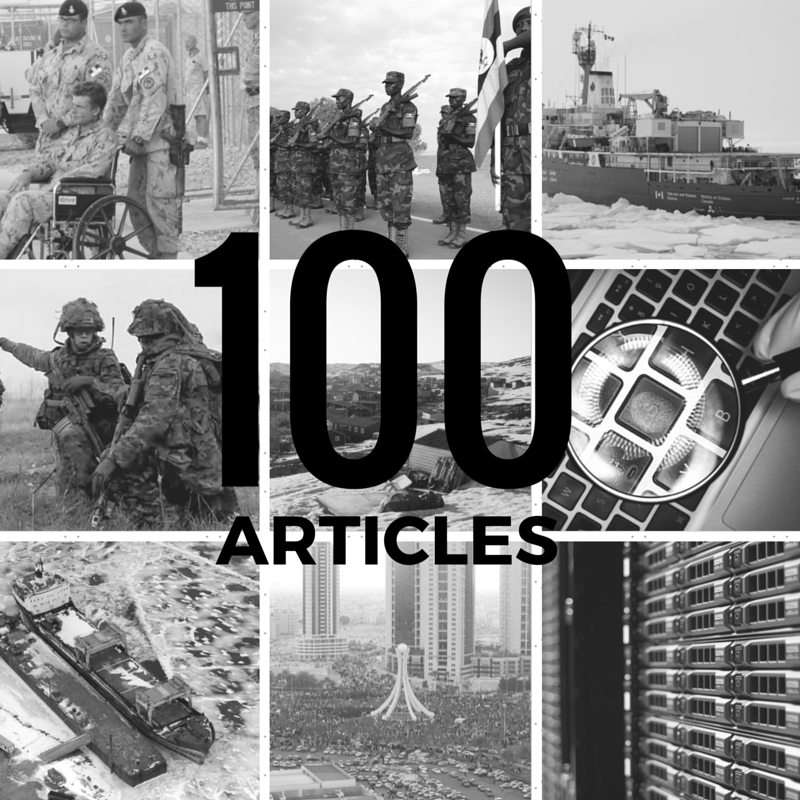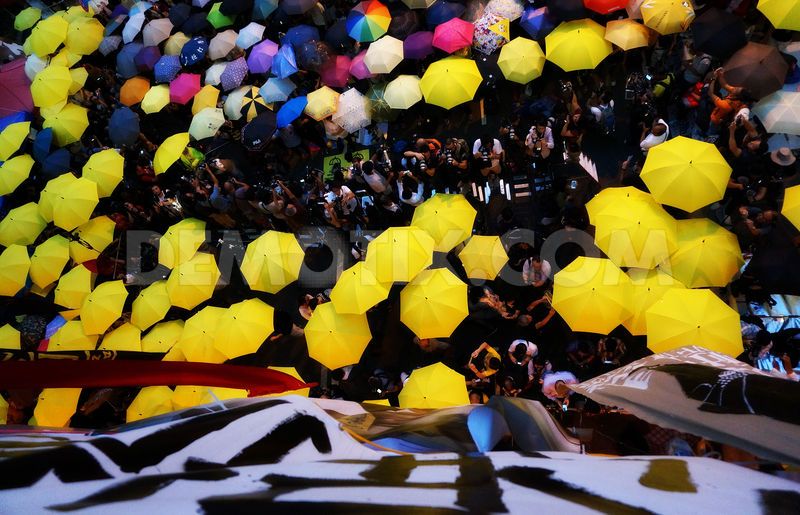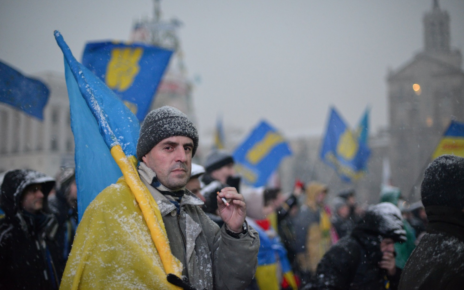On April 15, 2015, a young, African-American man named Freddie Gray was fatally wounded while in police custody in Baltimore, Maryland. After repeated requests for medical attention, Gray was sent to the University of Maryland Shock Trauma Center where he succumbed to a spinal cord injury. In response, Baltimore residents, as well as many cities across the United States, rose in protest. The nature of Gray’s injury, including his arrest, had been unclear, until finally on May 1, 2015 six police officers were charged with his death.
The protests did not simply result from the death of Freddie Gray; instead they occurred as part of a burgeoning movement against police violence towards marginalized communities, particularly African Americans, in the United States. The social media hashtag #BlackLivesMatter serves as an emblem. Originally a response to the acquittal of George Zimmerman, responsible for killing 17 year old African-American Trayvon Martin in 2012, #BlackLivesMatter targets the systemic racism that results in the discriminate harming of black lives.
In 1998, the American Public Health Association issued a policy statement on the “impact of police violence on public health,” urging public education and intervention after recognizing the “significant morbidity and mortality associated with [police brutality and excessive use of force]” including its “disproportionate impact on people of color.” Moreover, in what started as a research investigation on drug crackdowns, a 2004 qualitative study published in the American Journal of Public Health explored the nature of police violence as a public health problem “[w]hen [drug] using and nonusing participants voiced high levels of concern regarding police violence…” Although race is a well-documented determinant of health, specifically mental health, and has been linked to incidents of police violence, the subject of police violence as a determinant of health remains relatively understudied. As a result of this existing vacuum in public health research and intervention, some in the public health field have begun responding.
Inspired by BlackLivesMatter, students at the University of San Francisco’s School of Medicine created the hashtag #WhiteCoats4BlackLives ahead of an organized demonstration. On December 10, 2014, medical students and healthcare workers from over 70 colleges across the United States participated in what was termed a “National White Coat Die-In.” WhiteCoats4BlackLives has since formed into a national student organization whose mission is “[t]o safeguard the lives and well-being of our patients through the elimination of racism” by increasing awareness of racism as a determinant of health, eliminating racism in healthcare, and promoting racial justice advocacy among health practitioners.
 The Harvard Public Health Review Editorial Board recently explored the subject of racism and public health in its third volume published in January 2015. Nancy Krieger, Professor of Social Epidemiology at Harvard’s School of Public Health, wrote that “[w]e in public health have the capacity – the analytic tools, the data, and the knowledge – to make the connections palpable – and actionable – between the many forms of racism, whether structural, everyday, gendered, or environmental, and the myriad ways they become embodied and manifest as health inequities.” In a study using the U.S. national mortality data, Krieger and her colleagues found that between 1960 and 2010 there were reportedly 9934 deaths of men and boys (aged 15-34) due to “legal interventions,” of which 42.3% were black – “a percentage 3 to 4 times that of blacks in the US population.”
The Harvard Public Health Review Editorial Board recently explored the subject of racism and public health in its third volume published in January 2015. Nancy Krieger, Professor of Social Epidemiology at Harvard’s School of Public Health, wrote that “[w]e in public health have the capacity – the analytic tools, the data, and the knowledge – to make the connections palpable – and actionable – between the many forms of racism, whether structural, everyday, gendered, or environmental, and the myriad ways they become embodied and manifest as health inequities.” In a study using the U.S. national mortality data, Krieger and her colleagues found that between 1960 and 2010 there were reportedly 9934 deaths of men and boys (aged 15-34) due to “legal interventions,” of which 42.3% were black – “a percentage 3 to 4 times that of blacks in the US population.”
The Harvard Public Health Review intends to publish a special issue on “Race, Politics, and Power,” while conversations are ongoing at many U.S. colleges, including Columbia and Princeton University, on how to further explore the subject at the academic and professional level.
“We are watching a public health problem unfold in front of us and we aren’t doing anything to stop it,” Pediatrician Rhea Boyd recently stated on the NPR-affiliated KQED radio, “[i]f we’re going to understand and address the impact police violence has on community safety and health, particularly for communities of color who are disproportionately victimized, we have to treat it the way we treat all threats to health. That means collecting data to quantify the magnitude of the problem, developing screening guidelines to identify those at risk, training medical staff to refer those at risk of impending danger, and funding interventions that address community violence including police violence.”
Eric Garner’s desperate words “I can’t breathe” sparked the social media hashtag #ICantBreathe to symbolize a cultural breakpoint. Perhaps it is necessary for the medical and public health community to help with respiration.




